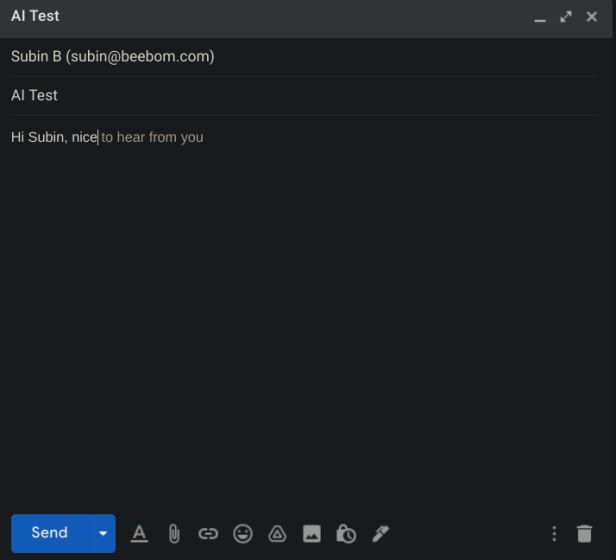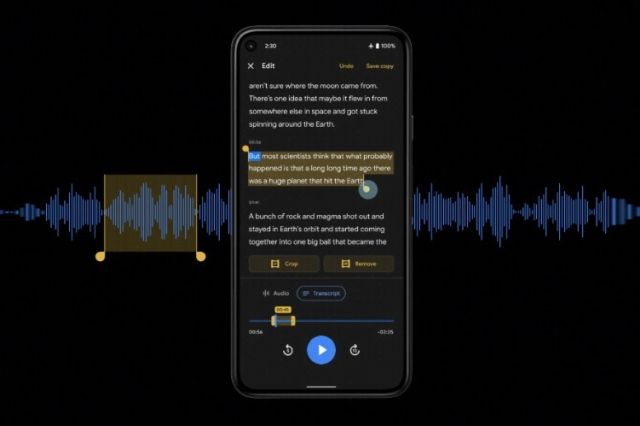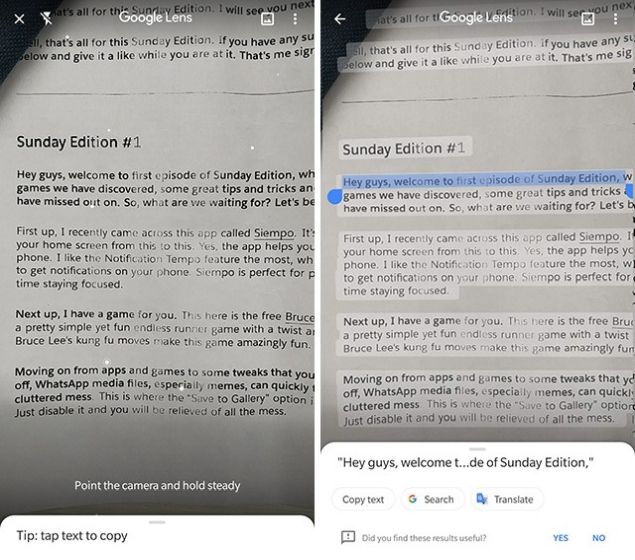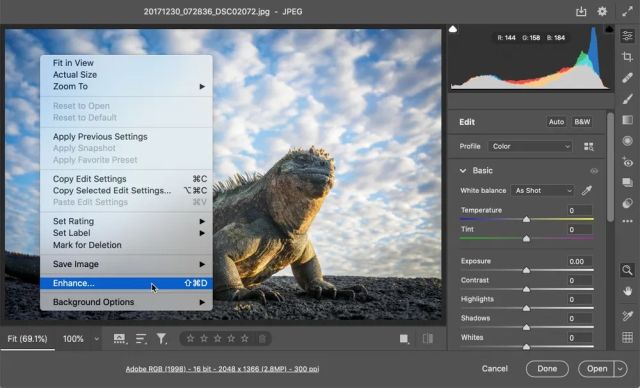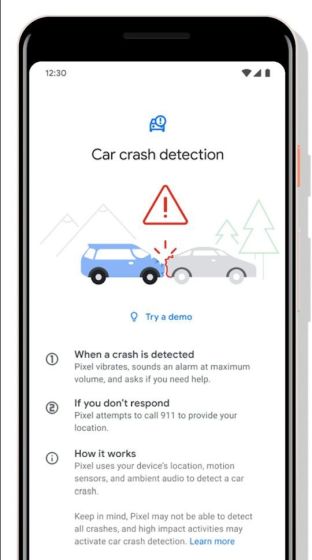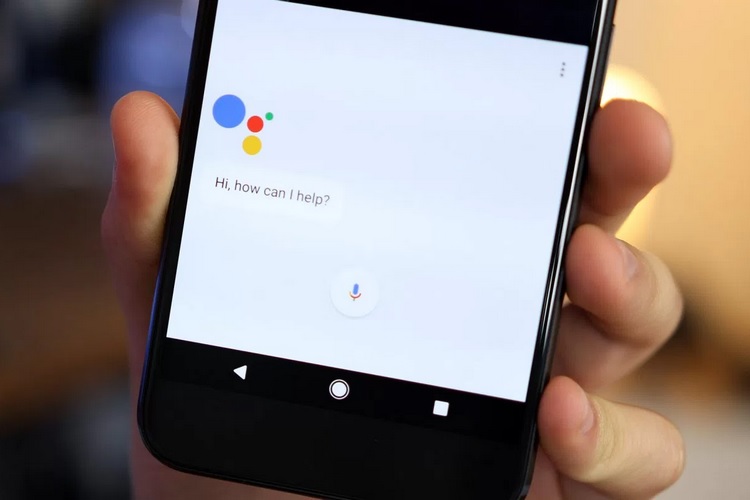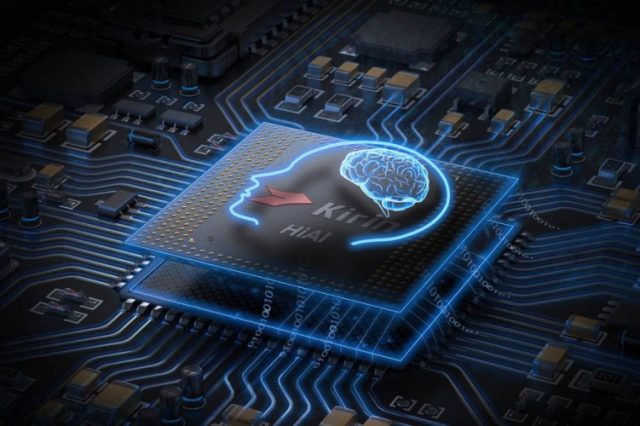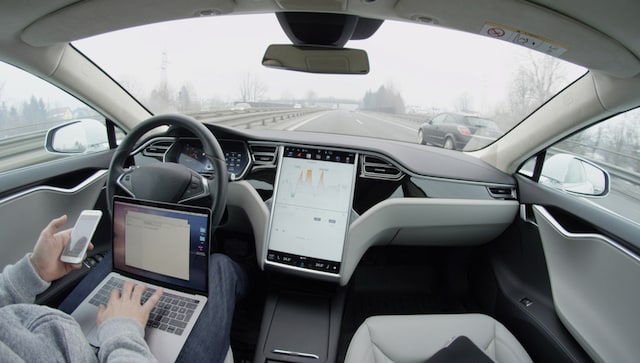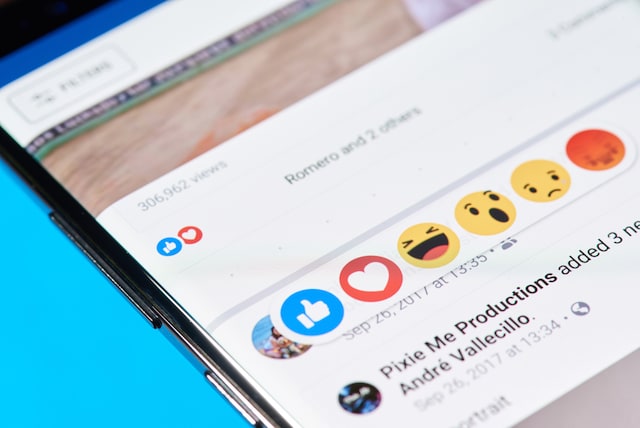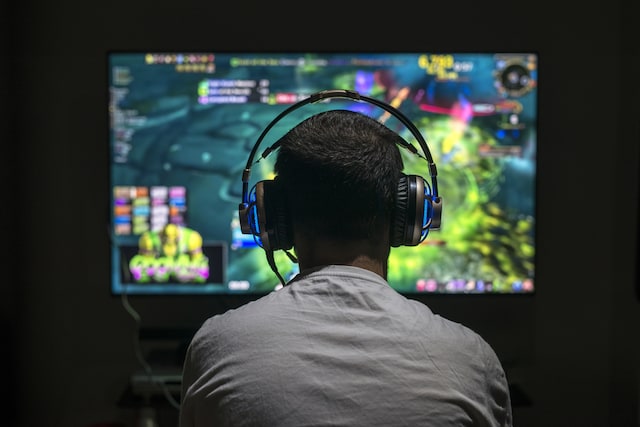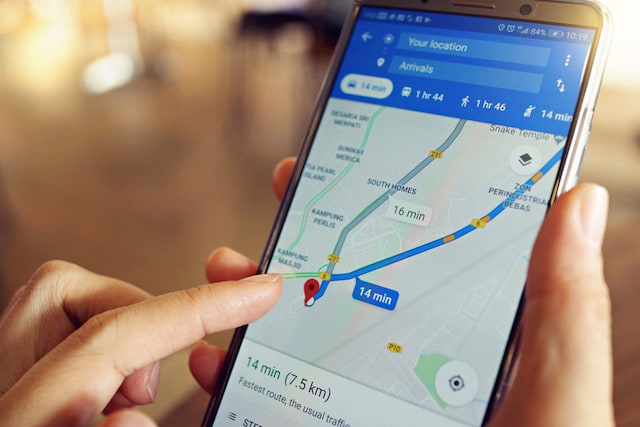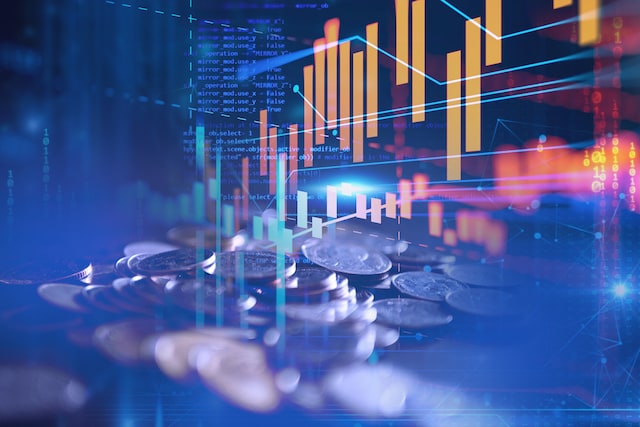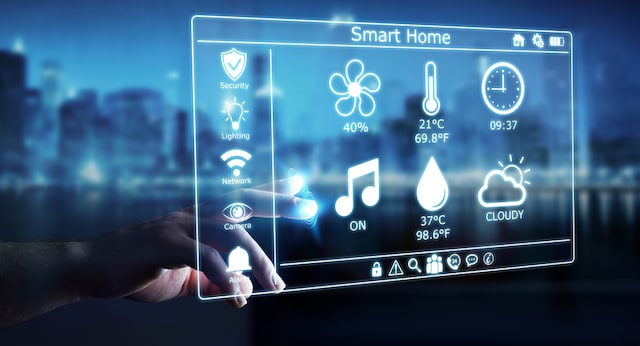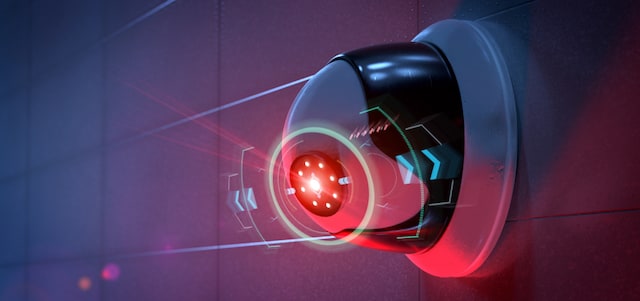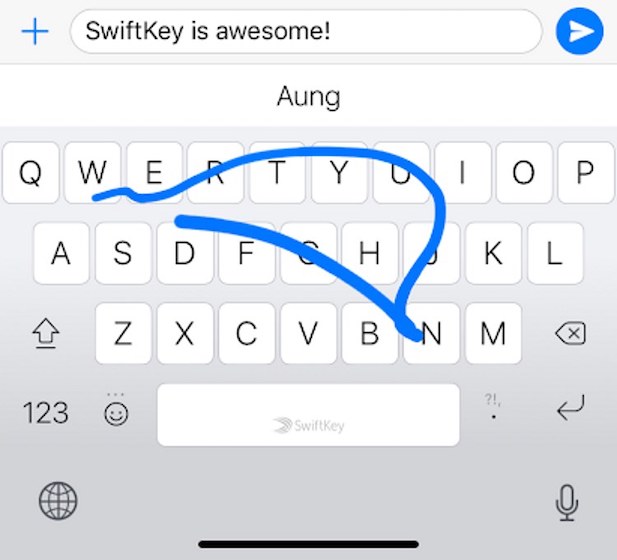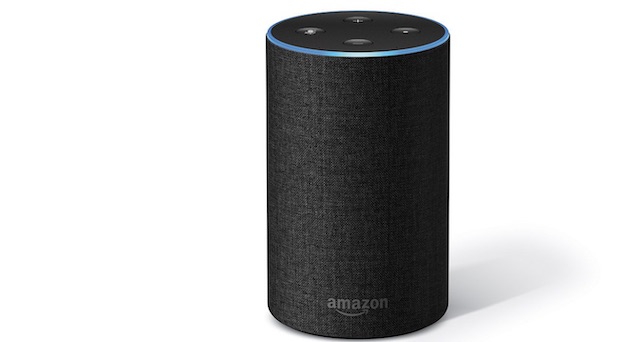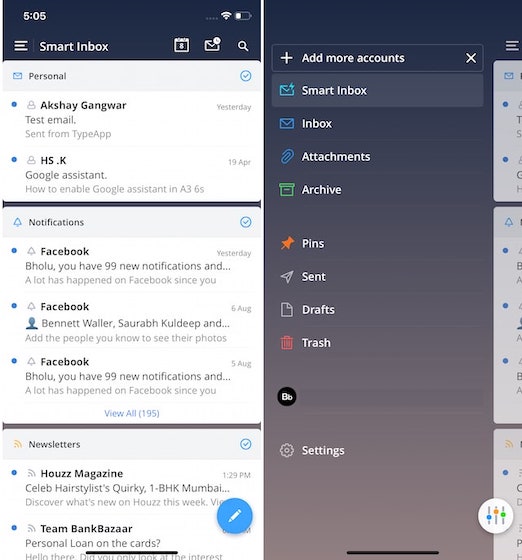Examples of Artificial Intelligence (2022)
In this article, we have mentioned all sorts of AI examples that we are knowingly or unknowingly part of. You can expand the table below and move to the corresponding section with just a click.
1. Google Search
The most fundamental activity on the internet is searching for things. And for the last decade and more, Google Search has been the go-to search engine to look for all sorts of stuff. So what makes Google Search such a powerful and accurate directory of the whole web? You guessed it right, it’s AI that is working behind the scenes. Whenever you are searching for things online, you are effectively using AI in the true sense.
In the last 3-4 years, Google introduced some of the AI elements to improve the ranking of websites. Now, it uses AI on Google Search for recommending a specific part of the video based on your search query, readily suggests questions and answers that you might be interested in and smart search suggestions below the search result. It’s only because of AI that you rarely have to move to the 2nd page on Google Search. So if you were wondering about where do you interact with AI in daily life, well it’s Google Search.
2. Google Duplex and Hold For Me
Google Duplex is another AI-based service that is truly leveraging the full potential of AI. In 2018, Google demonstrated Duplex which could book a table at restaurants on your behalf. It mimics human voice and understands context and replies naturally just like any other human being. You can use Google Duplex to book a movie ticket at a theater, book a seat at a salon, and more. Currently, the service is only limited to the US and is available only in English. Note that, now the service is available on iPhones with the Google Assistant app and on flagship Samsung and Pixel phones. Apart from that, Hold For Me is a new addition to Pixel phones in the US. It’s another example of AI in our daily life that makes day-to-day tasks so much hassle-free. For example, if you call a toll-free number and when you are put on hold, Google Assistant can handle the call and notify you when an actual human is ready to talk to you. This way, you can save a lot of time.
3. Smart Compose, Quick Reply, and Grammar Check
If you use Gmail then you might have noticed a new feature called Smart Compose. It suggests complete sentences based on the preceding line that you have written. It uses Artificial Intelligence to quickly compose your email drafts with contextual accuracy and correct grammar. I use it quite often and believe me, it’s pretty helpful. There could be no better example of AI making life better and saving time on the other hand. You can use this feature in the Compose window. Whenever you get a smart compose suggestion, just hit the tab key and it will be added to your draft.
There is also Quick Reply, both in Gmail and messaging apps on Android, and this technology is also powered by AI. For example, when I get a message on WhatsApp, some quick replies appear on top of the notification based on the message. You can simply tap on it and the reply will be sent instantly. This is another example of AI making a small difference in how we interact online.
Lastly, we have Grammar Check on Google Docs which is powered by AI. There are countless people who use Google Docs to write stories, articles, and whatnot. And Google leverages its advancement in AI to help users write error-free sentences. The service is enabled by default, but you can manually turn it on from Tools -> Spelling and Grammar. Apart from Google’s service, you have Grammarly and many alternatives that offer AI-based grammar checks.
4. Google Recorder, Live Captions, and Transcribe
One of the best uses of AI is happening in speech detection. Google Recorder, Otter.ai are some of the best examples which are leveraging AI to transcribe speeches in real-time. In fact, Google Recorder goes one step further and uses Machine Learning (which is a subset of AI) to transcribe speeches without internet connectivity. Everything happens offline and with pinpoint accuracy. Not to mention, it also creates a searchable note so you can easily edit the transcription on the go. Besides that, Google has also brought Live Caption on Android and Chrome browser. It can listen to internal audio and offer live caption in real-time. All of this is possible because of AI. Note that, currently, Live Captions only supports English. Then there is the Live Transcribe app by Google which transcribes speeches in over 80 languages and in real-time. That’s absolutely great, right? Not to mention, it can detect surrounding sounds such as fire alarm or doorbell ringing which can help people who are deaf and hard of hearing.
5. Google Lens and OCR
Google Lens is another Google service that is built on AI and has some great technology for fast and accurate optical recognition. It allows you to search for anything through images. Just point the camera to a shoe or a plant or an animal or a text, it can detect the type of subject and will provide precise information on that thing in just a few seconds. All of this is possible because of AI’s advancement in the field of optical recognition.
Not to mention, Google Lens can also do OCR now and you can extract texts from images easily. In fact, almost all the OCR software libraries like Tesseract or TensorFlow are built on AI to detect the characters on an image. When you use apps like Adobe Scan or Microsoft Office Lens, smart cropping and edge detection are actually powered by AI. So nonchalantly, you are actively using AI in your daily life and benefitting from it.
6. Image Editing — Remove Background & Enhance Resolution
AI is also being extensively used in image editing. remove.bg (visit) is one of the popular websites to remove the background of an image through AI. What used to take minutes through the Lasso tool can now be down algorithmically in just a few seconds.
Next, you have the “Enhance” tool that has finally arrived on professional image editing programs. Image editors can now literally enhance an image with the click of a button. Adobe recently introduced the Super Resolution feature that enhances the pixel by a factor of four, effectively improving detail, sharpness, and resolution of the image. It uses Machine Learning to interpolate adjacent pixels and reduce artifacts.
7. Fall Detection and Car Crash Detection
Newer Apple Watches come with a Fall Detection feature that alerts the nearby emergency team when it senses you had a hard fall. It uses data from the accelerometer and gyroscope to sense the fall and leverages AI algorithms to accurately sense a hard fall. You may not know it, but due to AI, so many lives are being saved.
Similarly, Google Pixel phones now come with Car Crash Detection which is trained on Machine Learning models of real-life car crashes. If the phone senses a car crash, it sends the location to your chosen contacts and also sends an alert to the response team. It’s safe to say that from software utilities to life-saving features, all of them are now powered by AI that we use in our daily life.
8. Google Assistant and Camera
If you are using a smartphone, you are interacting with AI whether you know it or not. From the obvious AI features such as the built-in smart assistants to not-so-obvious ones such as the portrait mode in the camera, AI is impacting our lives every day.
In fact, the two examples that I provided above give us a glimpse into the world of AI and how it is affecting our lives. Firstly, there are the obvious AI elements that most of us have some knowledge about. For example, when you are using a smart assistant, whether it’s Google Assistant, Alexa, Siri, or Bixby, you more or less know that these assistants are based on AI. However, when we are using a feature such as the portrait mode while shooting a picture, we never consider that AI might be behind that too. Have you ever thought about how the Google Pixel phones or iPhones can capture such great portrait shots? The answer is artificial intelligence.
Now more and more manufacturers are including AI in their smartphones with big chip manufacturers including Qualcomm and Huawei producing chips with built-in AI capabilities. The AI integration is helping in bringing features like scene detection, mixed and virtual reality elements, and more. AI is going to play an even major role in the coming years. We are already seeing a huge emphasis on AI with the latest Android and iOS updates.
9. Smart Cars and Drones
Talking about AI, there is no better and more prominent display of this technology than what smart car and drone manufacturers are doing with it. Just a few years back, using a fully automatic car was a dream, however, now companies like Tesla have made so much progress that we already have a fleet of semi-automatic cars on the road.
Tesla cars are a prime example of how AI is impacting our daily life. Did you know that all the Tesla cars are connected and the things that your car learns are shared across all the cars? That means, if you had to take an unanticipated hard-left on a cross-road, all the Tesla cars will know how to maneuver that turn after they are updated. There are already more than 500,000 Tesla cars running in the US alone and that number is set to increase exponentially now that Tesla has solved its major production problems. With autonomous cars running on our roads and autonomous drones flying above us, you won’t be able to deny the impact of AI on our lives.
If you are thinking that smart cars don’t personally affect you as they are still not in your country or city, well, how about something which you use on a daily basis. Even if you are living under a rock, there’s a high probability that you are tweeting from underneath it. If Twitter’s not your choice of poison, maybe it’s Facebook or Instagram, or Snapchat or any of the myriad of social media apps out there. Well, if you are using social media, most of your decisions are being impacted by artificial intelligence.
From the feeds that you see in your timeline to the notifications that you receive from these apps, everything is curated by AI. AI takes all your past behavior, web searches, interactions, and everything else that you do when you are on these websites and tailors the experience just for you. The sole purpose of AI here is to make the apps so addictive that you come back to them again and again, and I am ready to place a bet that AI is winning this war against you.
11. Music and Media Streaming Services
Another great example of how AI impacts our lives are the music and media streaming services like Netflix that we are using on a daily basis. Whether you are using Spotify or YouTube, AI is making the decisions for you. You might feel that you are in total control but you are not. And as it is with everything, sometimes it’s good and sometimes it is bad. For example, I love the Discover Weekly playlist on Spotify as it has introduced me to several new artists which I wouldn’t have been introduced to if not for the AI gods at Spotify.
On the other hand, I also remember going down the YouTube rabbit hole wasting countless hours just watching the recommended videos. That recommended videos section has become so good at knowing my taste that it’s scary. So, next time you are hitting play on a recommended video on YouTube or watching a recommended show on Netflix, or listening to a pre-created playlist on Spotify, or any other media and music streaming service for that matter, remember that AI is playing a big role in that.
12. Video Games
The video game industry is probably one of the earliest adopters of AI. The integration started very small with the use of AI to generate random levels that people can play. However, that has increased to a level that goes far beyond what one can even imagine.
On the large scale, we just observed OpenAI 5, developed by the company OpenAI which is being backed by Elon Musk, beating pro-level Dota 2 players in one on one matches while also beating amateur Dota 2 teams. This achievement is being hailed as a leapfrogging moment in the AI industry. Dota 2 is a strategy-based game where players have to make decisions every second, and beating pro players in such a dynamic game is a huge achievement for AI.
Keeping the Dota 2 win aside for a while, let’s talk about how AI is infiltrating our normal gaming industry. Any game that you play has some sort of AI element to it. When you are playing a game such as PUBG or Fortnite, you essentially start against a couple of AI-powered bots and then move to play against real players. Even when you are playing a single-person story mode game, you are playing against AI bosses.
If you are playing racing games, you are racing against AI bots. Probably the most interesting use of AI we have seen in games is in the Middle Earth series of games where your enemies which are controlled by AI evolve based on their interaction with you and other gaming elements. I can go on and on about the use of AI in games, but that would make this article very long. Just know that if you play any game, you are using AI.
13. Online Ads Network
One of the biggest users of artificial intelligence is the online ad industry which uses AI to not only track user statistics but also to serve us ads based on those statistics. Without AI, the online ad industry will just fail as it would show random ads to users with no connection to their preferences whatsoever.
AI has become so successful in determining our interests and serving us ads that the global digital ad industry has crossed 250 billion US dollars with the industry projected to cross the 300 billion mark in 2019. So next time when you are going online and seeing ads or product recommendations, know that AI is impacting your life.
14. Navigation and Travel
By now you must be convinced of the fact that AI is impacting our lives on a daily basis. However, if there are still some skeptics out there let us take a few more examples. How about the navigation and travel industry? I mean, most of us travel from time to time and use the navigation on almost a daily basis. Do you know that whether you are using Google or Apple Maps for navigating, or calling an Uber, or booking a flight ticket, you are using AI? Well, if you didn’t know that before, it’s time that you open your eyes. Both Google and Apple along with other navigation services use artificial intelligence to interpret hundreds of thousands of data points that they receive to give you real-time traffic data. When you are calling an Uber, both the pricing and the car that matches your ride request is decided by AI. As you can see, AI plays a significant role in how we reach from point A to point B.
15. Banking and Finance
The banking and finance industry plays a major role in our lives. I mean the world runs on money and banks are essentially the gatekeepers that regulate that flow. Did you know that the banking and finance industry heavily relies on artificial intelligence for things like customer service, fraud protection, investment, and more? A simple example is the automated emails that you receive from banks whenever you do an out-of-the-ordinary transaction. Well, that’s AI watching over your account and trying to warn you of any fraud.
AI is also being trained to look at large samples of fraud data and find a pattern so that you can be warned before it happens to you. Also, when you hitch a little snag and chat with the bank’s customer service, chances are that you are chatting with an AI bot. Even the big players in the finance industry use AI to analyze data to find the best avenues to invest money so they can get the most returns with the least risk. That’s not all, AI is poised to play an even bigger role in the industry as major banks across the world are investing billions of dollars in AI technology and we all will observe its effects sooner than later.
16. Smart Home Devices
We are even willingly letting artificial intelligence in our houses. Many of the smart home devices that we buy use artificial intelligence to learn our behavior so that they can adjust the settings themselves to make the experience as frictionless as possible for us. We have already talked about smart voice assistants which we use to control these smart home devices, and as we know, they are the prime example of AI impacting our lives.
I will agree that a perfect AI-powered house that reacts to our choices in real lives is still a decade or so away, however, we are seeing the steps that will take us there. I mean, there are smart thermostats that adjust the temperature based on your preferences, smart lights that change the color and intensity of lights based on time, and much more. It won’t be long when our main interactions with all our smart home devices will be through AI only.
17. Security and Surveillance
While we can all debate the ethics of using a broad surveillance system, there’s no denying the fact that it is being used and AI is playing a big part in that. It is not possible for humans to keep monitoring multiple monitors with feeds from hundreds if not thousands of cameras at the same time, and hence, using AI makes perfect sense.
With technologies like object recognition and facial recognition getting better and better every day, it won’t be long when all the security camera feeds are being monitored by an AI and not a human. While there’s still time before AI can be fully implemented, this is going to be our future.
18. Smart Keyboard Apps
Granted, not everyone loves dealing with on-screen keyboards. However, they have become far more intuitive, allowing users to type comfortably and faster. What has probably proved to be a catalyst for them is the integration of AI. The smart keyboard apps keep a tab on the writing style of a user and predict words and emojis accordingly. Thus, typing on the touchscreen has become faster and more convenient. Not to mention, artificial intelligence also plays a vital role in pinpointing misspellings and typos.
19. Smart Speakers
Not for nothing, many believe that smart speakers are all set for a big boom in technology. Aside from controlling smart home devices, they are also up to the task for several things like sending quick messages, setting reminders, checking the weather and getting the latest news. And it’s this versatility that’s proving to be a decisive factor for them.
20. Healthcare
The use of artificial intelligence has given a new dimension to healthcare. With the introduction of AI-powered machines, it’s become a bit easier to detect disease and diagnosis. Moreover, it’s also playing a significant role in making the treatment and management processes more simplified. As a result, hospitals and healthcare centers are fast embracing AI-enabled technologies to facilitate everything from research to the detection of diseases.
21. E-Commerce
AI-driven algorithms have kind of given the much-needed impetus to e-commerce to provide a more personalized experience. According to several reports, its usage has vastly increased sales and also played a good part in building loyal relationships with customers.
22. Smart Email Apps
If you still find your inbox cluttered with too many unwanted messages, chances are pretty high that you are still stuck with an old school email app. Yeah, you heard it right! Modern email apps like Spark make the most of AI to get rid of spam messages and also categorize emails so that you can quickly access the important ones.
What’s more, they also offer smart replies based on the messages you receive to help you reply to any email quickly. The “Smart Reply” feature of Gmail is a great example of this. It uses AI to scan the text of the email and provides you with contextual answers.
Artificial Intelligence: The Present and the Future
As you can see, all of our lives are impacted by artificial intelligence on a daily basis. Whether we are using our smartphones, surfing the internet, buying products online, using navigation, wasting time on social media, or listening to songs on our favorite music streaming service, AI is impacting our choices in one way or another. Do let us know how you feel about AI impacting our lives by writing in the comments section below.


